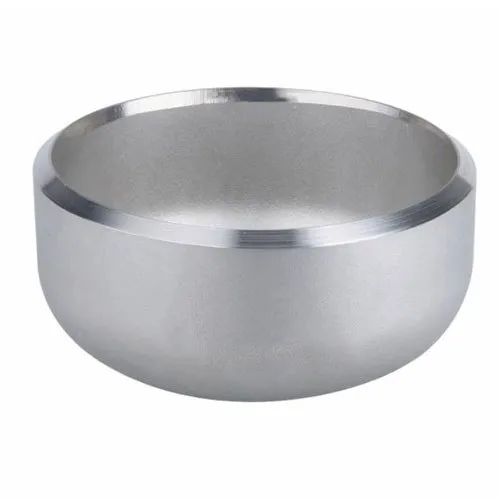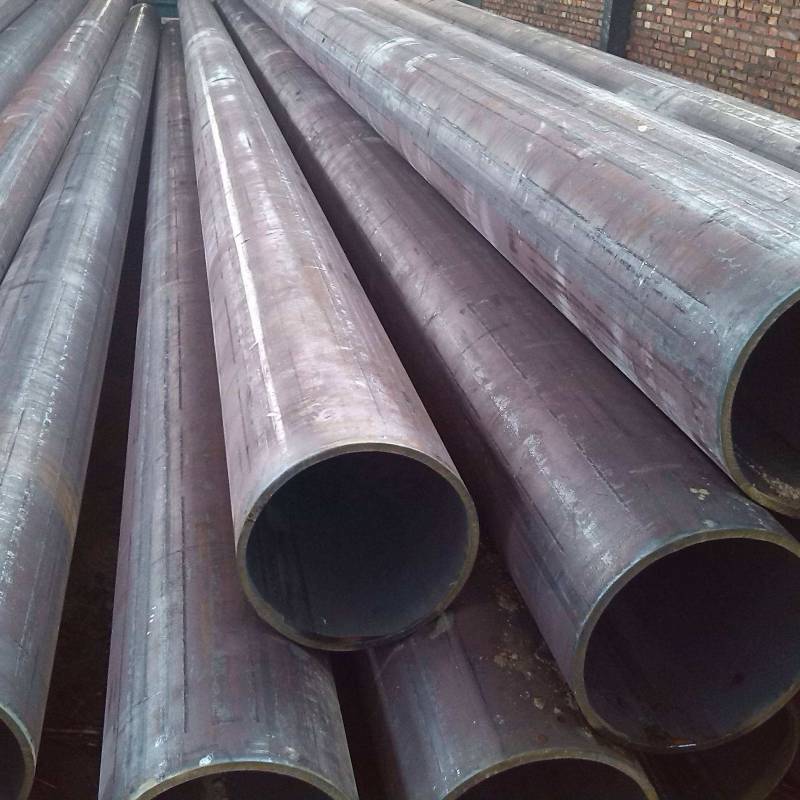-
Cangzhou Yulong Steel Co., Ltd.
-
Phone:
+86 13303177267 -
Email:
admin@ylsteelfittings.com
- English
- Arabic
- Italian
- Spanish
- Portuguese
- German
- kazakh
- Persian
- Greek
- French
- Russian
- Polish
- Thai
- Indonesian
- Vietnamese
- Zulu
- Korean
- Uzbek
- Hindi
- Serbian
- Malay
- Ukrainian
- Gujarati
- Haitian Creole
- hausa
- hawaiian
- Hebrew
- Miao
- Hungarian
- Icelandic
- igbo
- irish
- Japanese
- Javanese
- Kannada
- Khmer
- Rwandese
- Afrikaans
- Albanian
- Amharic
- Armenian
- Azerbaijani
- Basque
- Belarusian
- Bengali
- Bosnian
- Bulgarian
- Catalan
- Cebuano
- China
- China (Taiwan)
- Corsican
- Croatian
- Czech
- Danish
- Esperanto
- Estonian
- Finnish
- Frisian
- Galician
- Georgian
- Kurdish
- Kyrgyz
- Lao
- Latin
- Latvian
- Lithuanian
- Luxembourgish
- Macedonian
- Malgashi
- Malayalam
- Maltese
- Maori
- Marathi
- Mongolian
- Myanmar
- Nepali
- Norwegian
- Norwegian
- Occitan
- Pashto
- Dutch
- Punjabi
- Romanian
- Samoan
- Scottish Gaelic
- Sesotho
- Shona
- Sindhi
- Sinhala
- Slovak
- Slovenian
- Somali
- Sundanese
- Swahili
- Swedish
- Tagalog
- Tajik
- Tamil
- Tatar
- Telugu
- Turkish
- Turkmen
- Urdu
- Uighur
- Welsh
- Bantu
- Yiddish
- Yoruba

មករា . 06, 2025 18:45 Back to list
types of pipe caps
In the world of plumbing and construction, understanding the different types of pipes is crucial for ensuring successful and trouble-free installations. The choice of pipe can significantly affect the functionality, longevity, and safety of a project. Let's delve into the distinctive characteristics of various pipe types that dominate the market and why they are preferred for specific applications.

One of the most commonly used pipes in both residential and commercial plumbing is the PVC pipe. Known for its durability and cost-effectiveness, PVC pipes are not only resistant to corrosion but also come with a high level of chemical resistance, making them ideal for transporting both hot and cold water. Their lightweight nature makes them easy to handle and install, which can save time and labor costs on any project. Additionally, PVC pipes are environmentally friendly as they are recyclable, adding to their popularity among eco-conscious builders.
Copper pipes have been a staple in plumbing for decades, owing to their reliability and strength. These pipes are highly resistant to corrosion and bacteria, which makes them an excellent choice for water supply lines. Copper's ability to withstand high temperatures and pressures without deforming is unmatched. This makes it a suitable option for hot water and natural gas lines. While copper pipes may have a higher upfront cost, their durability and long life span often result in cost savings over time.

For those seeking flexibility and ease of installation, PEX pipes offer an innovative solution. Made from cross-linked polyethylene, PEX pipes are known for their ability to bend around obstacles, reducing the need for joints and fittings that could potentially leak. This flexibility not only lowers the risk of leaks but also speeds up installation time, making it an ideal choice for retrofits in existing buildings where walls and ceilings are already in place. PEX is also resistant to the scale build-up and chlorine, further enhancing its suitability for drinkable water systems.
pipe types
Galvanized steel pipes, although less common today, were once a standard in plumbing due to their robust nature and ability to carry water over long distances without significant pressure loss. These pipes are coated with a layer of zinc, which protects against rust and extends the pipe's life. However, the potential for corrosion over time, especially in systems with a high water mineral content, has led to a decline in their usage in favor of newer materials like PVC and PEX.
Lastly, for applications that require extreme durability and strength, stainless steel pipes stand out. Ideal for corrosive environments or areas with high pressure or temperature, stainless steel pipes are resistant to rust and staining. They are frequently employed in the food, pharmaceutical, and petrochemical industries, where maintaining the purity of the transported materials is critical. Although stainless steel pipes come with a premium price tag, their resilience reduces the need for frequent replacement and maintenance, proving cost-effective in the long run.
The selection of the appropriate pipe type hinges on a comprehensive evaluation of the project's specific requirements, including the type of fluid to be transported, environmental conditions, and budget constraints. Consulting with an experienced plumbing professional can ensure that the chosen pipe type meets all necessary criteria and extends the lifespan and efficiency of the infrastructure. By understanding the unique benefits and applications of different pipe types, contractors and homeowners can make informed decisions that optimize both performance and cost.
Latest news
-
ANSI 150P SS304 SO FLANGE
NewsFeb.14,2025
-
ASTM A333GR6 STEEL PIPE
NewsJan.20,2025
-
ANSI B16.5 WELDING NECK FLANGE
NewsJan.15,2026
-
ANSI B16.5 SLIP-ON FLANGE
NewsApr.19,2024
-
SABS 1123 FLANGE
NewsJan.15,2025
-
DIN86044 PLATE FLANGE
NewsApr.19,2024
-
DIN2527 BLIND FLANGE
NewsApr.12,2024
-
JIS B2311 Butt-Welding Fittings LR/SR 45°/90° /180°Seamless/Weld
NewsApr.23,2024











